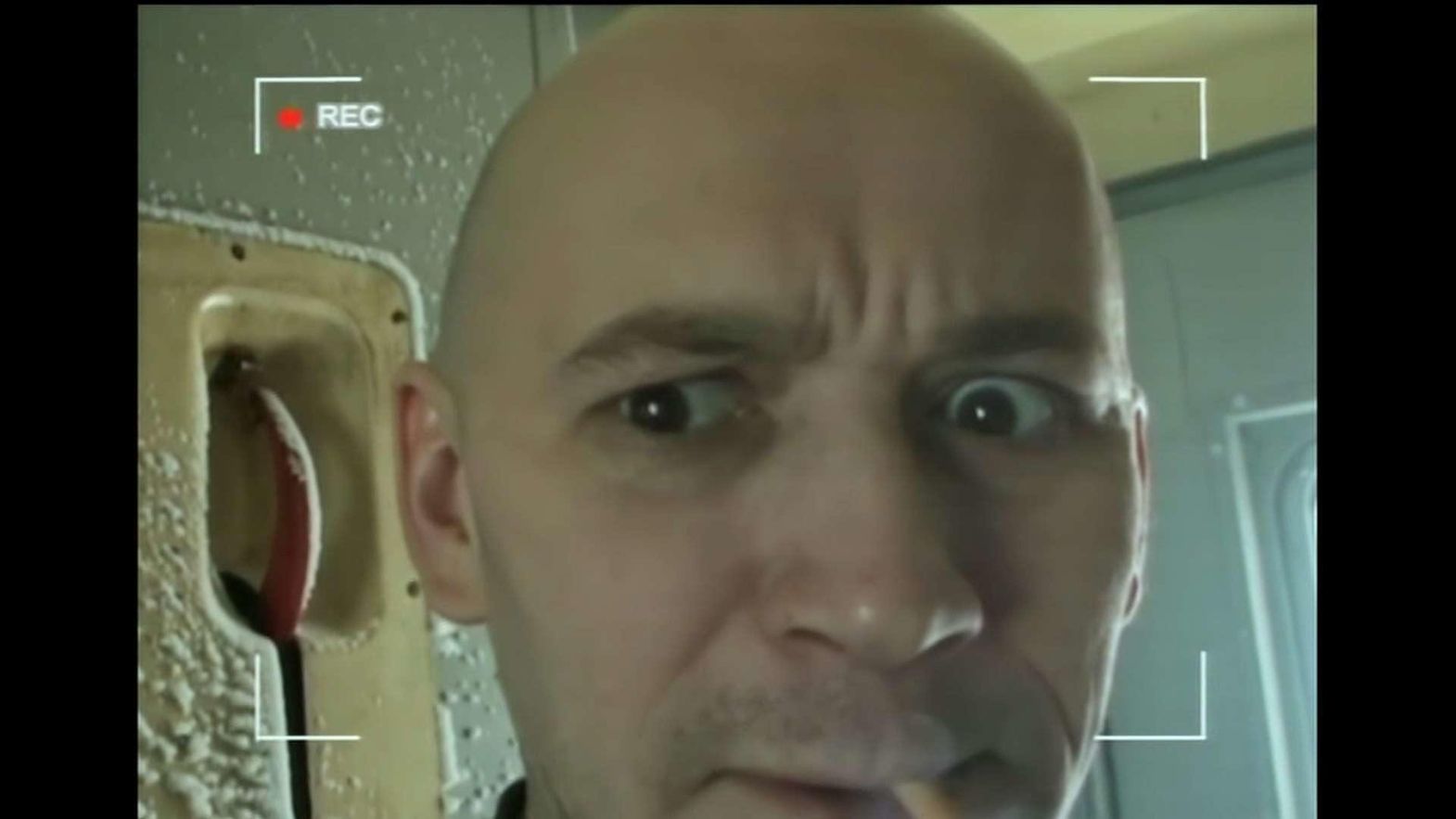
The portrait of an artist, but also the portrait of the artist.
Evgeniya Ostanina, who was Aleksandr Rastorhuev's collaborator and soulmate, composes in Rastorhuev the filmmaker’s profile, killed in 2018 with his crew while he was shooting a documentary on private Russian mercenaries’ activities in the Central African Republic.
This is not a biography of the documentary filmmaker critical of Putin, but a statement of his creative vision, captured in a carefully calibrated montage of private videos, excerpts from his films, and, making of TV interviews, all of this united in an ensemble so compact that the hand of the director disappears: only Rastorhuev remains visible, and the impression is almost that he is the director of the film which commemorates him.
At the core of the work is the issue of what’s fair: there’s the actor who accuses Rastorhuev of being a sadist because he wants to re-shoot a homicide and show the video to those involved: there’s the journalist who asks him what did he feel while shooting an abused animal (“I felt that the movie was going pretty well…my job is to tell what I see”). Above all, there is Rastorhuev who questions himself and his colleagues on the fairness of moviemaking. As in the final sequence, where his vision becomes negative compared to the passionate critique, made at the kitchen table, of the first version of the documentary Kiev/Moscow, on which he collaborated with Ostanina (the first part of the film would later win a special mention at Locarno in 2015).
A filmmaker, he says, must understand what the character’s history he picked truly means and not be afraid to open his gaze to tell, through him, an entire country and an entire era: “You can’t really portrait a person if you don’t set a big goal, an immeasurable goal.”
Sara Groisman
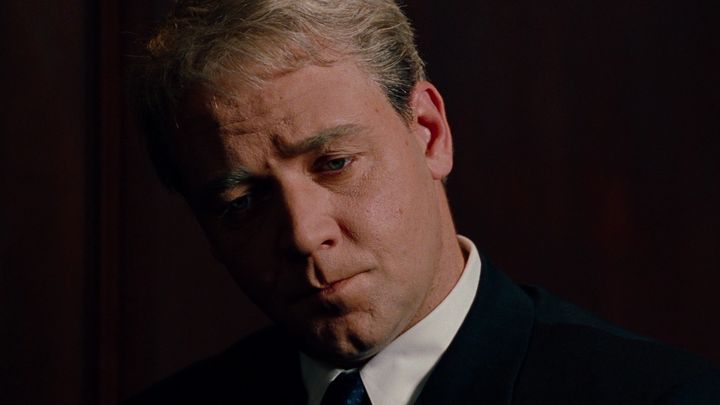
News · 13 | 08 | 2021
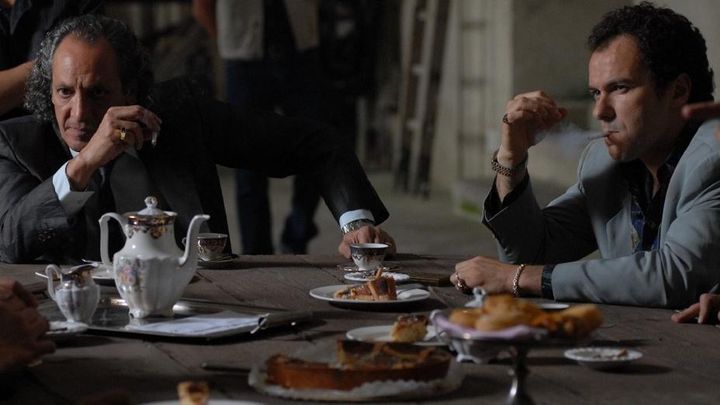
News · 12 | 08 | 2021
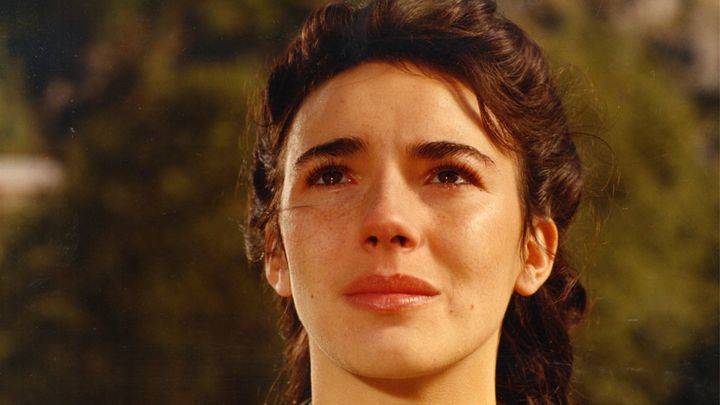
News · 12 | 08 | 2021
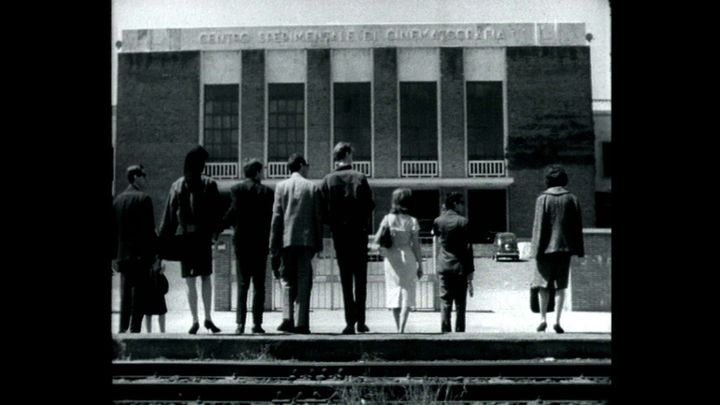
News · 11 | 08 | 2021